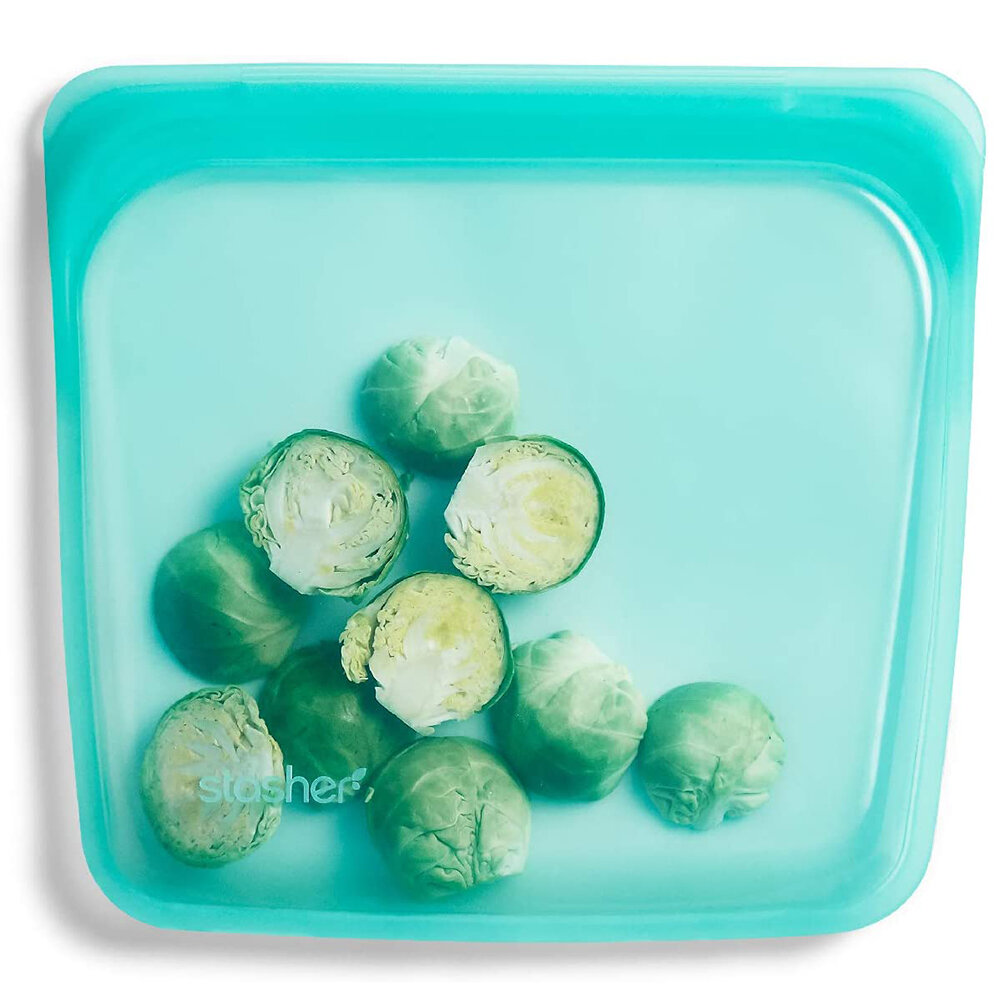The Dangers Of Wrapping Your Food In Plastic
Breasts are composed of fatty tissue which stores fat-loving chemicals, like BPA, phthalates, and parabens.
Plastics have a very real and harmful effect on a woman’s health, especially on her endocrine and reproductive system. Breasts are composed of fatty tissue which stores fat-loving chemicals, like BPA, phthalates, and parabens.
BPA is a known endocrine disruptor. It mimics the effects of estrogen thereby increasing estrogen levels in the body. It’s in everything from money, to receipt paper to dental fillings.
We often see products labeled “ BPA-free” but just because products are BPA free doesn’t make them safe to use. There are hundreds of chemicals used the production of plastic that have estrogenic activity. Many of these chemicals have not been thoroughly studied. Be wary of any chemical deemed “safe.” Manufacturers are often not required to disclose every ingredient or chemical.
There are many ways to reduce our exposure to plastic and how to we wrap and store our food is one of them. Many of us have used plastic (Saran) wrap, tupperware containers or plastic bags to store our food. We’ve all cut that lemon and wrapped the unused half in the plastic wrap to keep it fresh.
What we chose to store our food in is important. Storing our food in chemical laden containers and wraps will impact cellular health and DNA, affecting the expression or suppression of cancer causing genes. BPA alters genes turning on tumor promoters called oncogenes.
“ Excess estrogen tips the delicate balance of hormones by outweighing levels of progesterone, thereby throwing all other hormones off kilter.” Nadine Artemis
If you’re struggling with any kind breast health or hormonal issues, evaluating the plastics in your kitchen will be an important step in establishing a healthy and balanced endocrine system.
I’ve just realized I have kitchari (an Indian dish known to help with detoxification, ironically) sitting in an old tupperware container. Hopefully all the turmeric in the dish will offset the toxins. (I’ve since put it in a glass container). It’s easy to not be mindful about the little things, but they do matter. I’ve also just looked at my black plastic spatula, and well, that needs to go. It’s not about doing everything right all the time. Awareness is the first step and will help you make healthier choices.
Certain elements such as heat, acidity of food and drinks as well as the length of time that food is stored, will increase chemical leaching from plastics. The dishwasher will also degrade your plastic over time. Your food essentially shouldn’t come into contact with plastics of any kind. That also goes for drinking from plastic bottles. We’ve all done it, but try to avoid it. And definitely don’t reuse them.
As much as we’d like to exist in plastic/chemical free environments, that simply isn’t the case for most of us. Keeping your liver healthy and functioning properly is an important way to ensure that these toxins are being flushed out.
Ok, so you’ve thrown out your plastic containers and wraps. What’s left?
Glass containers, beeswax wraps, Stasher (silicone) bags (loving these), silicone suction lids, and mason jars just to name a few.

